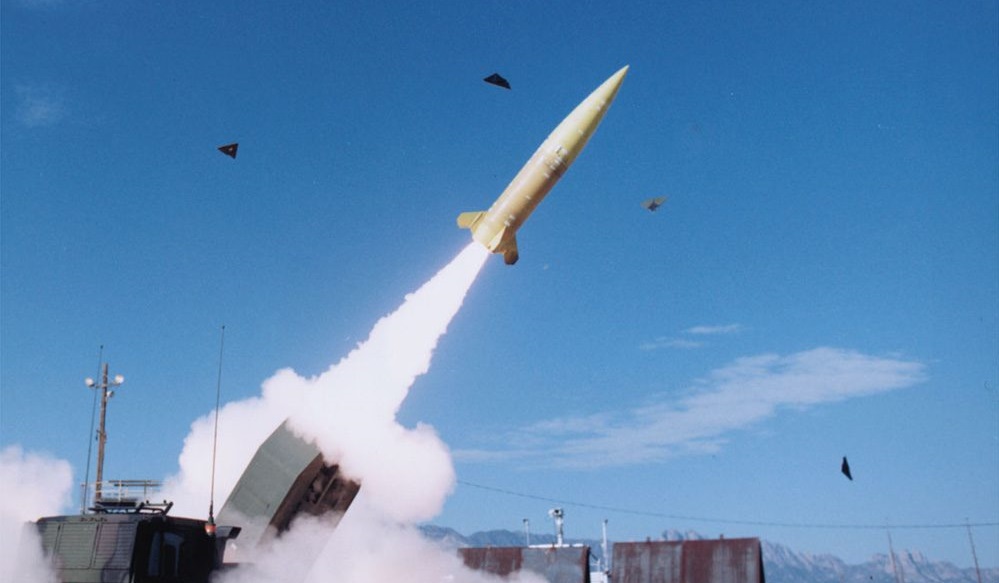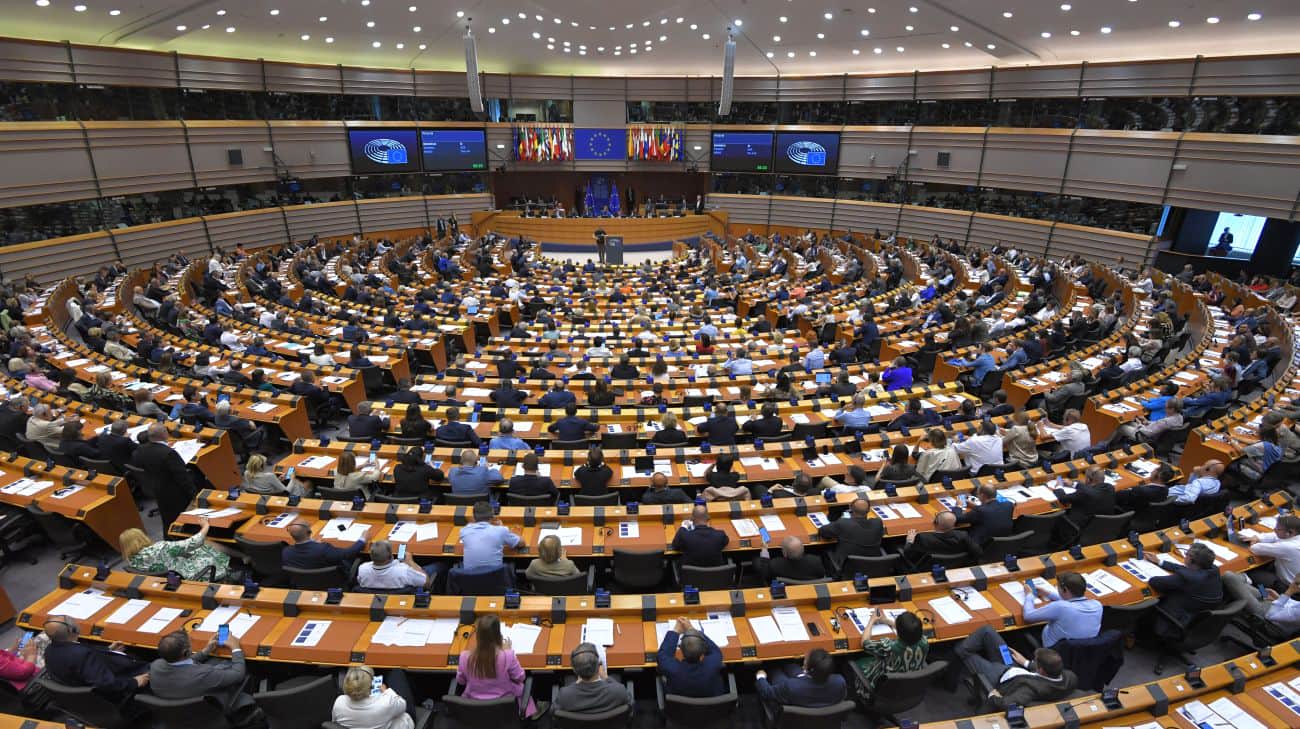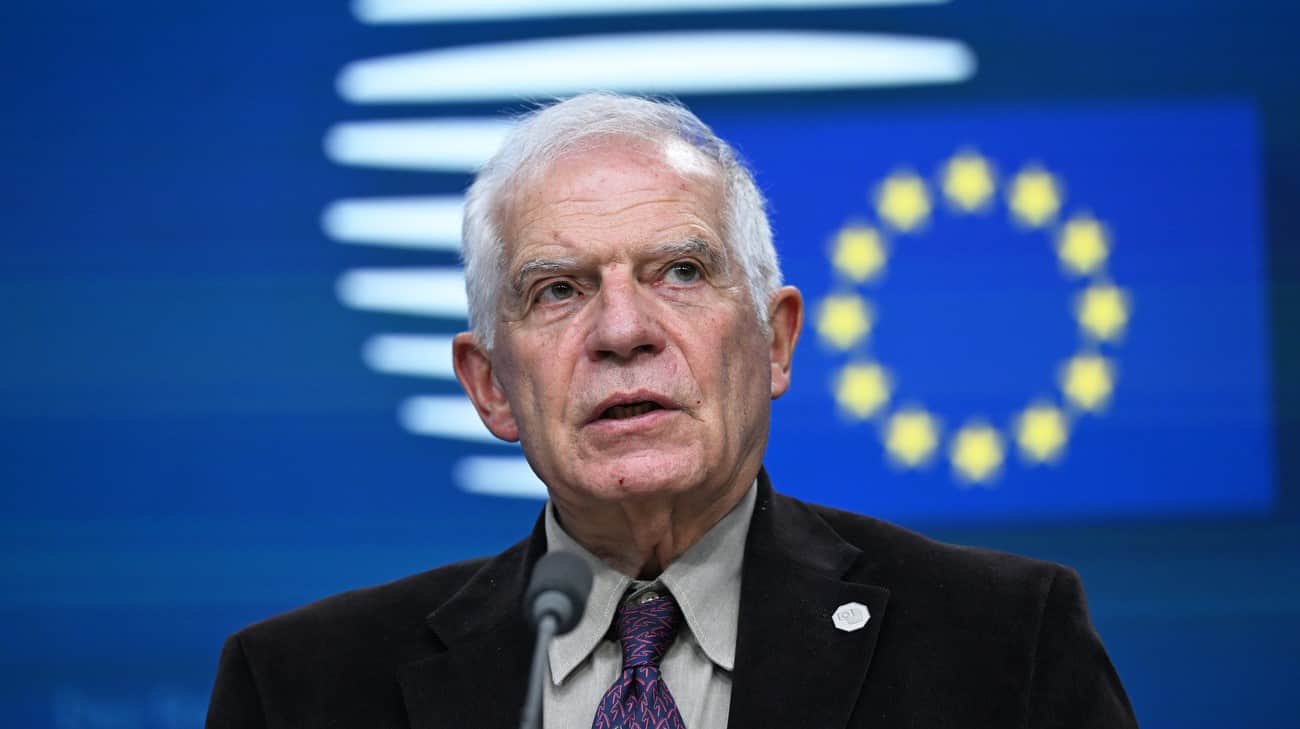Politico: US resists lifting restrictions on long-range weapons amid Kursk success to not ruin relations “reset” with Moscow
Ukrainian officials frame expanded long-range weapons access as a defining moment for President Biden's legacy, emphasising that the administration will be remembered either for aiding Ukraine's victory or for failing to do enough due to imposed limitations. This argument hasn’t yet worked on the US decision-makers.


As Ukraine’s counteroffensive gains ground inside Russian territory in Kursk Oblast, Kyiv is ramping up pressure on the Biden administration to remove limitations on the use of US-supplied long-range weapons within Russia.
However, the White House remains hesitant, with some officials citing stating the US will eventually want to “reset relations” with Moscow and removing the restrictions could jeopardize those efforts, according to Politico.
This comes as Ukraine launched a surprise incursion in Russia’s Kursk Oblast on 6 August, capturing over thousand square kilometers of Russian territory and lots of Russian prisoners of war (POWs).
While the Pentagon provides Ukraine with significant military support, including long-range weapons, and allows Ukraine to strike across its border, including in Russia’s Kursk Oblast, it restricts Ukraine to use these weapons to target deep inside Russian territory, fearing escalation that could draw NATO directly into the war.
According to Politico, which spoke to eight officials in the US, Ukraine and other parts of Europe, Ukrainian officials are leveraging their recent battlefield successes in Kursk to advocate for greater freedom in deploying American-made weaponry. Their campaign includes meetings with members of Congress, public statements, and discussions with top US officials.
“The whole naive, illusory concept of so-called red lines regarding Russia, which dominated the assessment of the war by some partners, has crumbled these days somewhere near Sudzha,” President Volodymyr Zelenskyy said.
Rep. Ken Calvert (R-Calif.), who oversees much of the Pentagon’s budget, compares the administration’s reluctance to approve deeper strikes into Russia to its initial hesitation in providing long-range munitions and F-16 fighters. Calvert criticizes this stance, arguing it could extend the war, according to Politico.
Calvert points out Ukraine’s desire for long-range fire capabilities, particularly ATACMS, in areas like Kursk. He suggests that without the ability to target Russian supply chains, it will be challenging to bring the conflict to a resolution. He notes that while Ukraine’s advance into Russia is promising, sustaining it requires access to certain weapons systems.
Ukrainian officials have been appealing to the White House by framing increased support as a matter of Biden’s legacy. They argue that the administration will be remembered either for helping Ukraine win or for not doing enough due to maintained restrictions.
Despite these arguments, President Biden and his national security adviser Jake Sullivan have not been swayed, with the Pentagon aligning with the White House’s position.
Some Ukrainian advisers also suggest that the upcoming US elections and uncertainty about future American aid are driving their urgency. One senior Ukrainian adviser told Politico, “There’s some indication now that Biden might want to do something big on Ukraine — maybe lifting some of the restrictions — before the election now that he’s not running.”
However, the White House and Pentagon continue to resist changes to the current policy. Some administration officials argue that using long-range missiles like Storm Shadow or ATACMS inside Russia might not be as effective as Ukraine claims, noting that many Russian targets have already been moved out of range.
Related:
- US maintains restrictions on Ukraine’s long-range strikes inside Russia amid Kursk operation
- Zelenskyy calls for lifting restrictions on long-range strikes against Russia
- Zelenskyy urges partners to allow “truly long-range strikes” on Russian airfields with Western weapons
- Frontline report: Strategic bridge destruction in Kursk Oblast cuts off thousands of Russians from retreat



